September 2022 marked a significant shift for Ethereum, as it transitioned from proof-of-work to proof-of-stake mechanisms. This change, however, had unintended consequences on the network's alignment with regulations established by the Office of Foreign Assets Control (OFAC).
Historically, Ethereum blocks aligned with OFAC regulations would censor specific transactions. Such censoring procedures could potentially harm the neutrality of Ethereum's environment. In the lead up to the transition, platforms such as Binance, Celsius Network, Bitfinex, Ledger Live, Huobi, and Coinbase ramped up their censoring measures, as indicated by data from MEV Watch.
Before this technological shift, November 2022 reported that a significant 78% of Ethereum blocks were in line with OFAC's guidelines. Fast forward to September 27, and this figure has plunged to a mere 30%, which is a notable 57% decline.
The means to counteract this OFAC alignment lies in the use of relays that don't impose censoring based on OFAC's guidelines. From the seven predominant MEV-boost relays, which include names like Flashbots, BloXroute, BlockNative, and Manifold, only three relays have chosen to refrain from such censoring actions. MEV Watch emphasizes that although all blocks crafted by OFAC-compliant relays have the potential to censor, they do so only when non-compliant transactions are announced on the network.
OFAC's rules majorly focus on organizations within the United States. Yet, for the health and neutrality of the network, international validators should think about employing relays that don't censor.
Meanwhile, Grayscale opted to forfeit its rights to proof-of-work Ethereum tokens due to market liquidity issues. They stated that the acquisition and sale of these tokens had become unfeasible, leading them to relinquish rights to these assets. In contrast, firms like ETC Group are exploring the launch of Ethereum proof-of-work exchange-traded products.





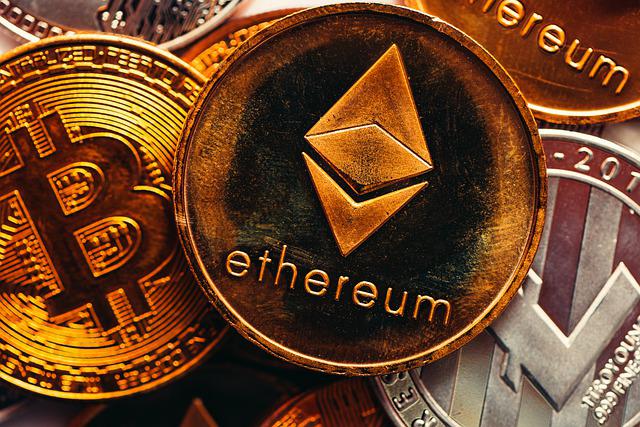

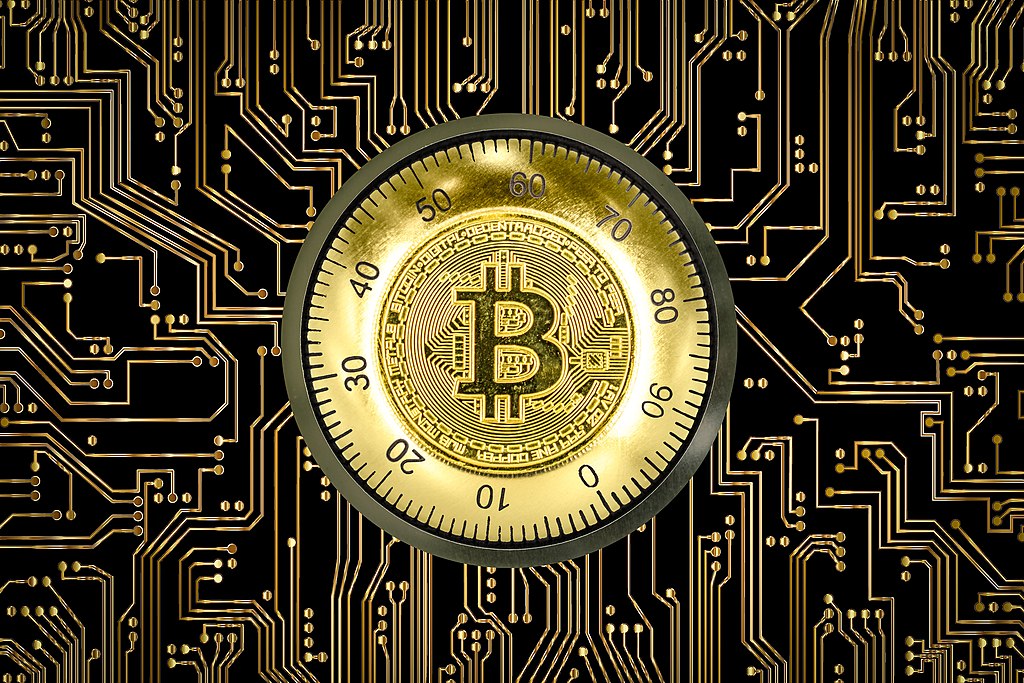

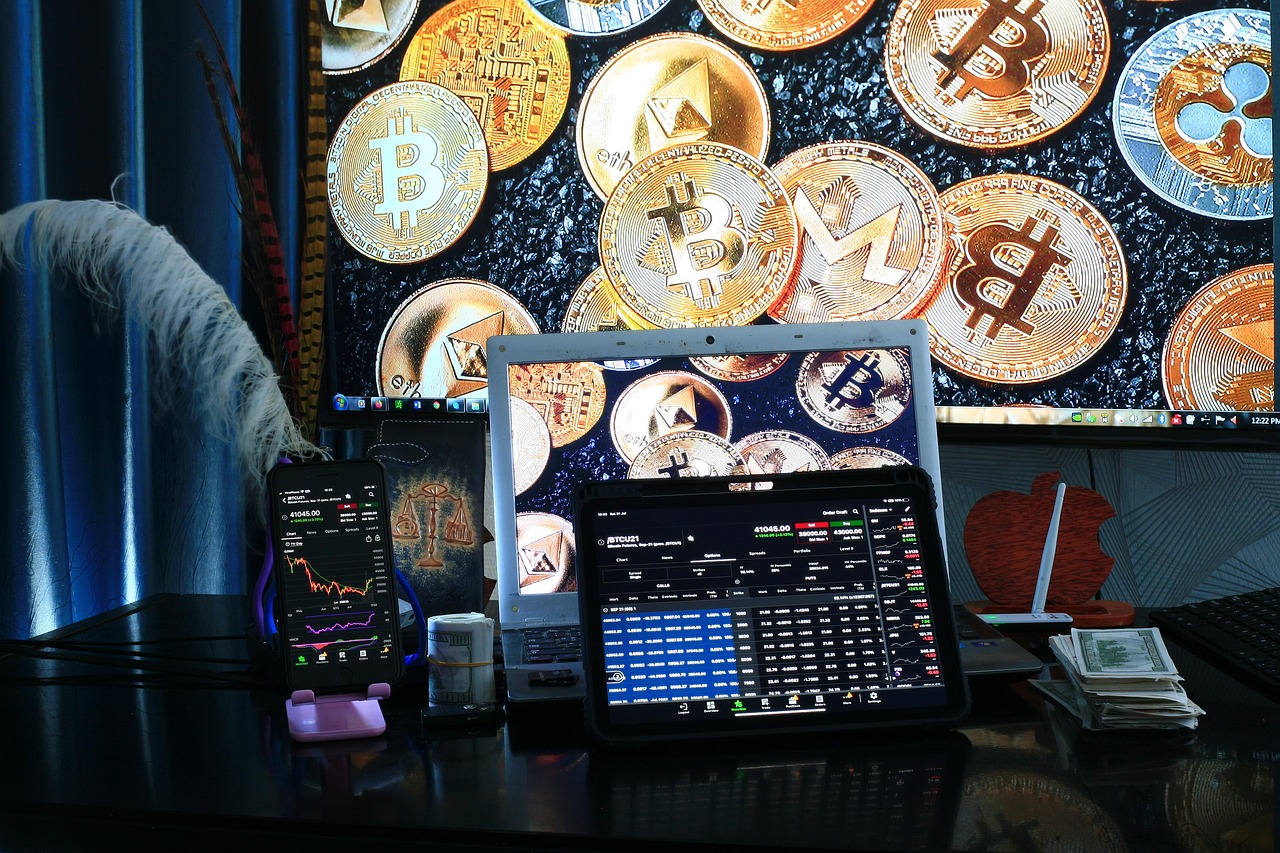


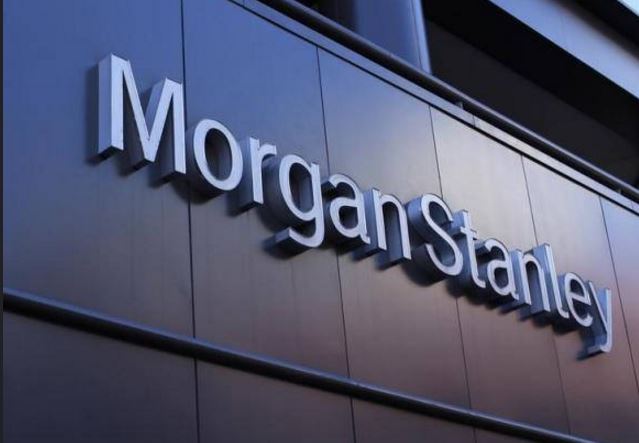





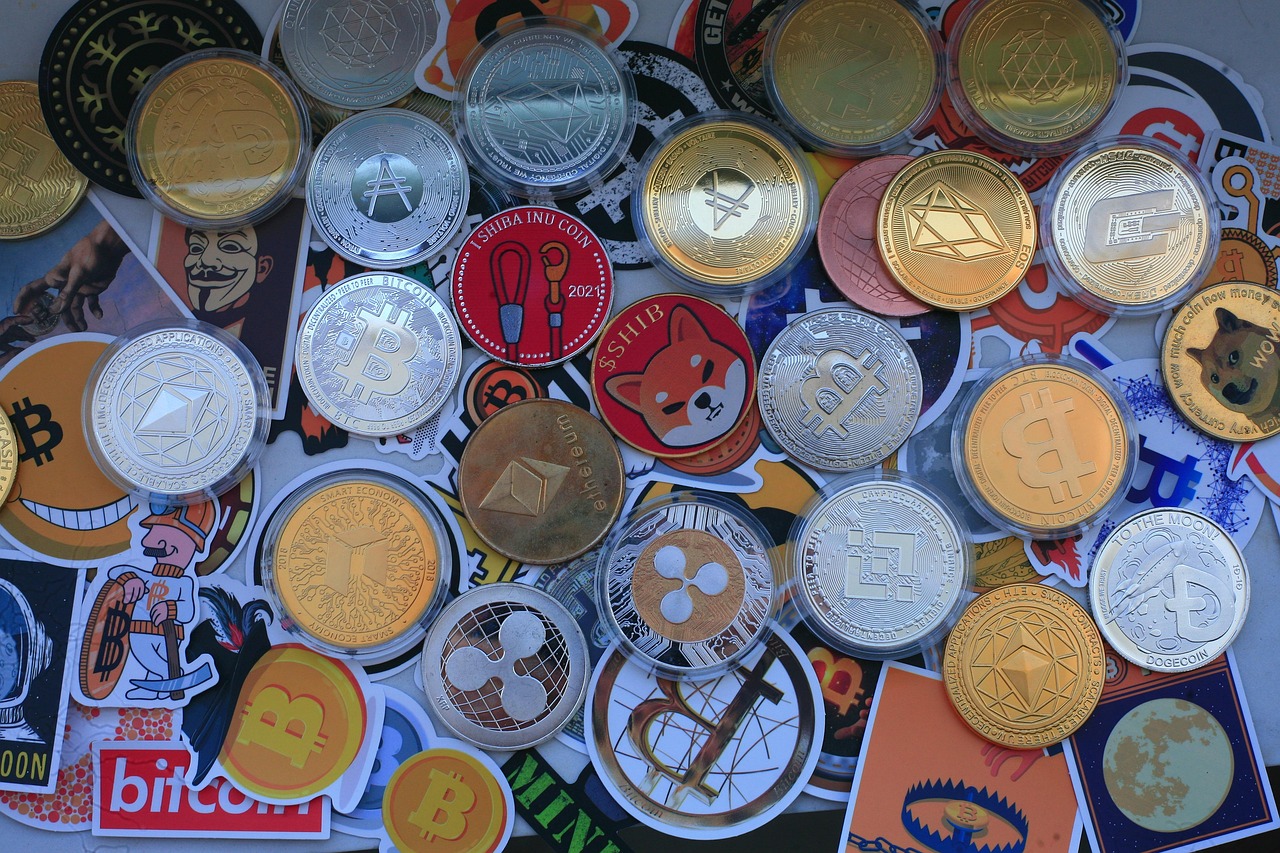
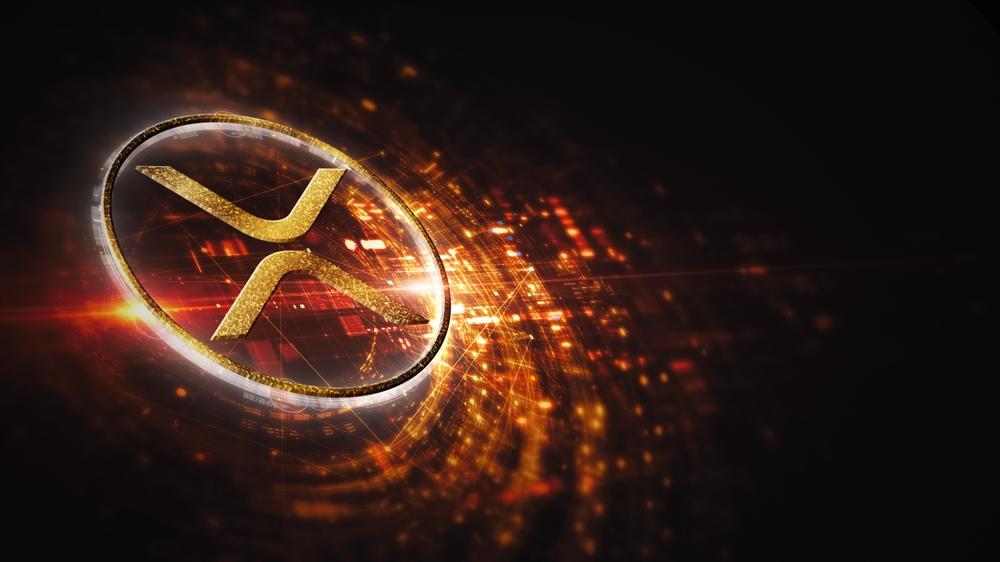

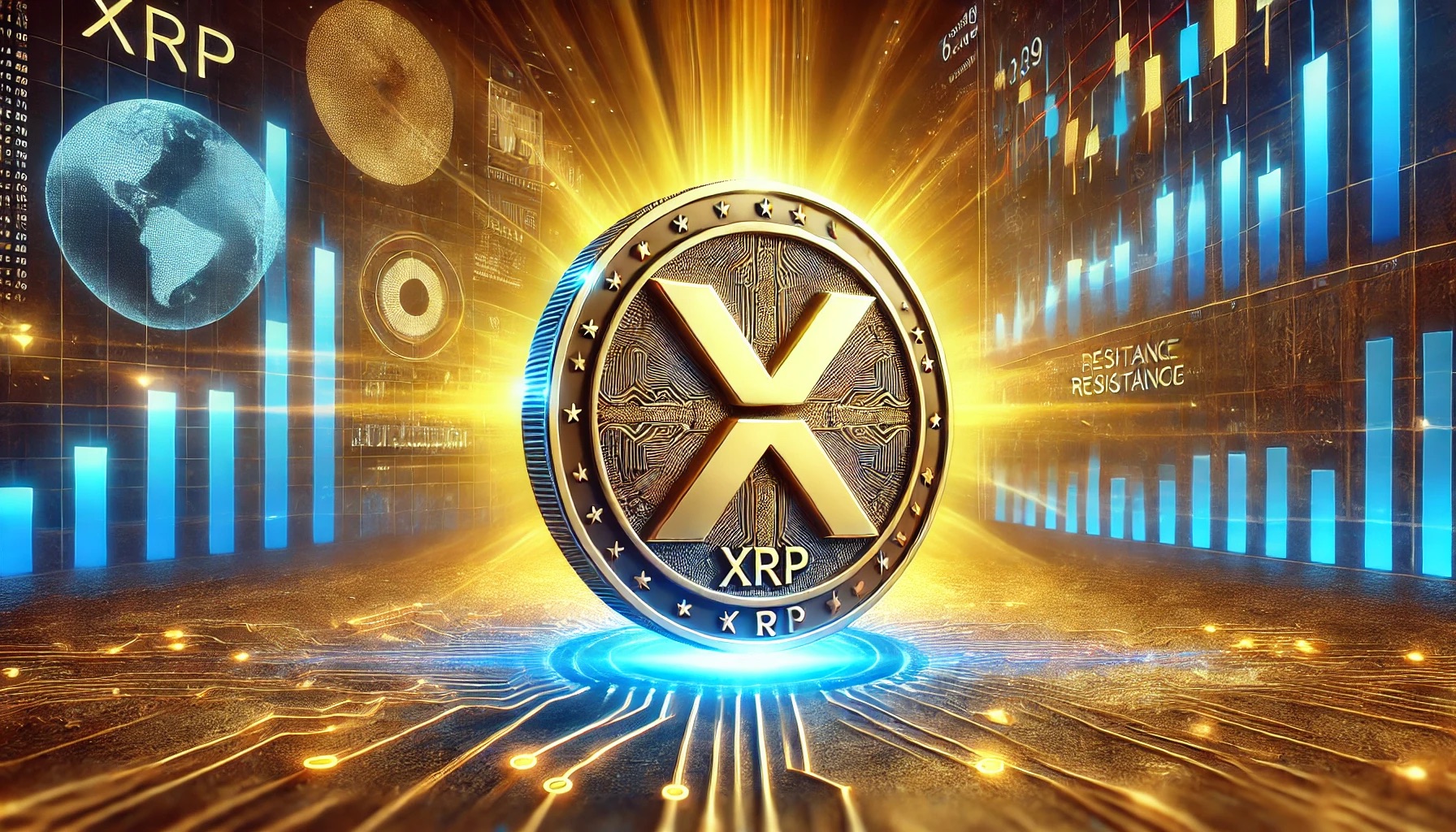




Comment 0